
Types of exercise
Types of exercise
Your safety and that of your baby are of prime importance at all times. You may begin to exercise in early pregnancy and continue for as long as you feel comfortable. You should, however, try to take part in a specialised prenatal exercise class under the guidance of a qualified prenatal exercise instructor.
A variety of exercises may be performed, depending on the limitations imposed by your pregnancy, such as:
- Brisk walking.
- Swimming.
- Stationary cycling.
- Low impact aerobics/pilates.
- Specialised circuit training programmes.
Objectives of a prenatal and postnatal exercise programme
1. Increasing postural awareness and correction.
2. Maintaining and improving fitness.
3. Maintaining and improving muscular strength and tone.
4. Relaxation and correct breathing.
5. Enjoyment.
Related articles

Further comfort measures for pain relief
Distractions like breathing, visualising or fixing on one point can take your mind off the pain.
5 mins to read
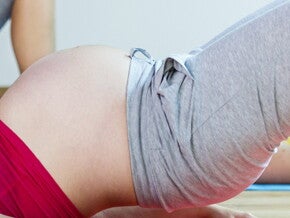
Levels of fitness
First trimester
Your fitness is likely to decrease. Listen to your body and only do what you feel comfortable doing.
Second trimester
5 mins to read

Monitoring your response to exercise
It is important to monitor your response to your exercise programme by taking your pulse-rate before, during and after exercise.
5 mins to read
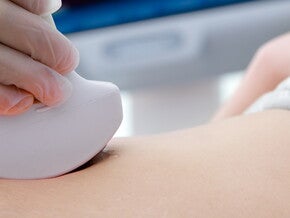
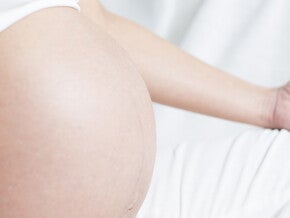

Criteria for prenatal classes
Instructor’s credentials, for example, midwife, physiotherapist.
Instructor’s specialised training in childbirth education.
5 mins to read

Conception
The fertilised egg divides into two identical cells – then four, then eight, then 16, and then many billions, and 266 days later – your baby.
1 min to read
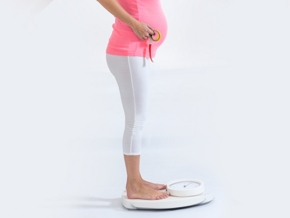
How Much Weight Should I Gain During Pregnancy?
There are many things you can do to prepare for the delivery of a healthy baby. One of the most important things is eating right to gain the extra weight you’ll need to support another life.
4 mins to read

Preconception checklist
Are you planning to have a baby soon? Find out our preconception checklist to facilitate the conceiving process and have an healthier pregnancy.
1 min to read
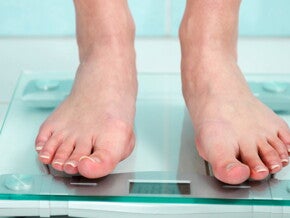

Breathing techniques
Breathing reflects the activity in your body and, of all the body’s involuntary unconscious physical responses, breathing is the easiest to control.
4 mins to read

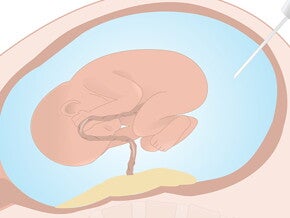
Diagnostic tests
Diagnostic ultrasound
The most important scans are performed at 12 weeks and 16 weeks. These early scans often prove the most accurate in determining the date of birth.
3 mins to read

Relaxation and correct breathing techniques
As your pregnancy advances, the uterus exerts an increased upward pressure on your diaphragm. As you near your due date you may find that you breathe less deeply, although more efficiently.
5 mins to read

Breathing and relaxation
The Pros
-
Offers immediate relief.
-
Decreases tension and offers good pain relief.
5 mins to read

Diagnosis and signs of the pregnancy
Confirm a suspected pregnancy immediately to avoid unnecessary risks to your baby.
1 min to read
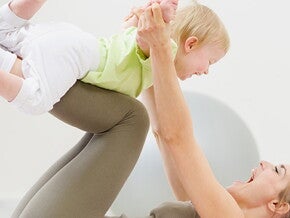
Guidelines for exercise during and after pregnancy
Before exercising, during or before pregnancy, it is advisable to eat high fibre, high carbohydrate snacks, such as an apple, dried fruit, banana or whole wheat muffin, as your metabolic functions
5 mins to read

Checklist – before baby arrives
Make sure you have everything you need for your baby's arrival with our checklist. Get organized and feel confident for the big day.
5 mins to read

Health and fitness
Ideally, you should assess your health and fitness. You may need to make some changes to your lifestyle
3 mins to read